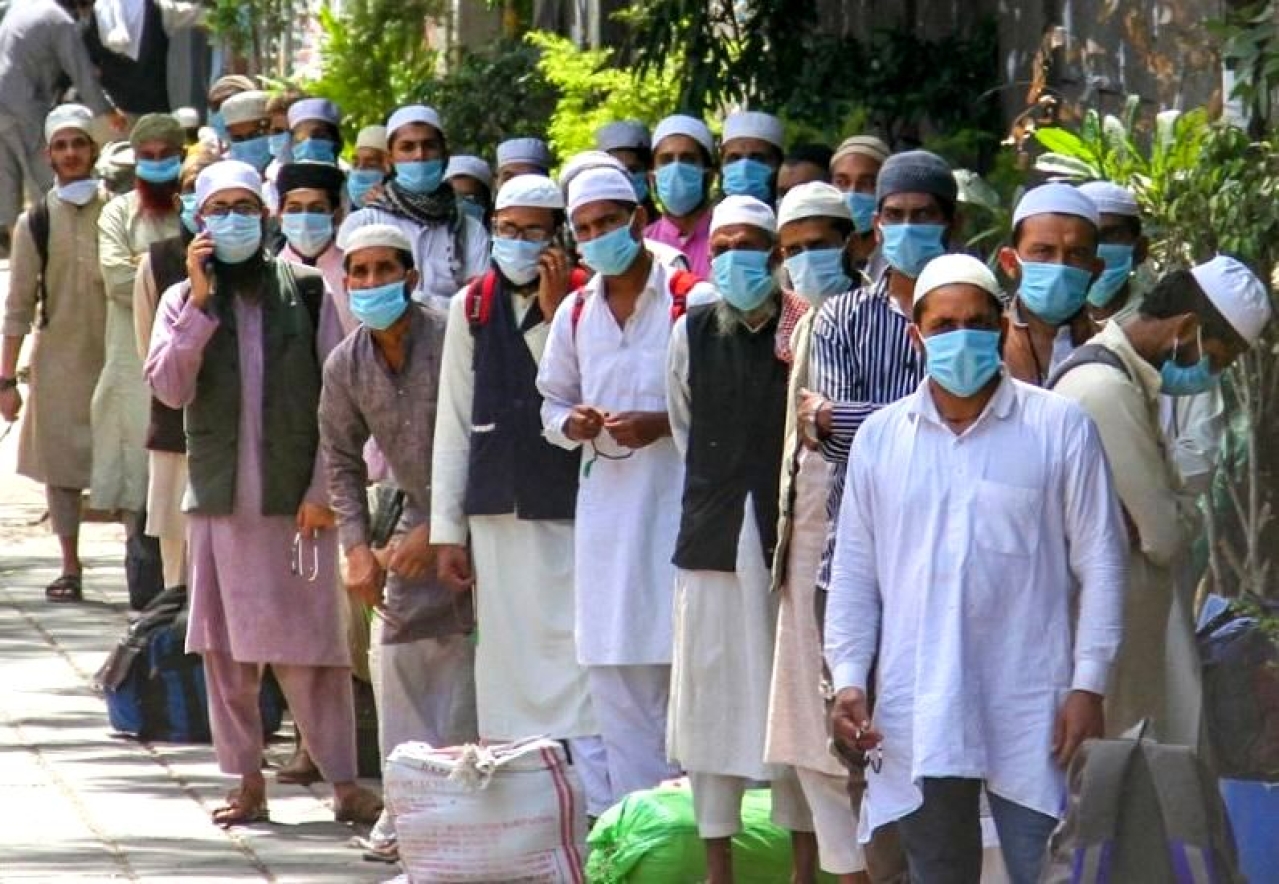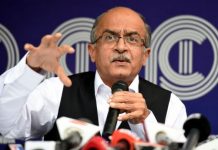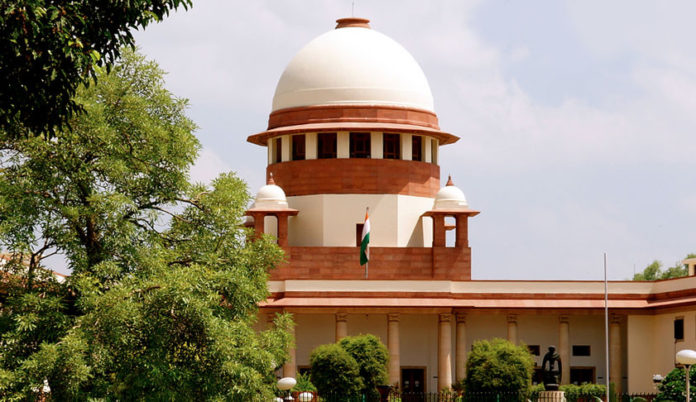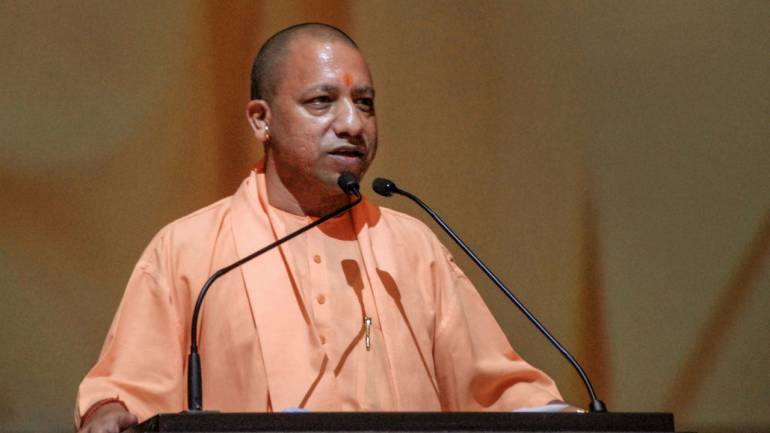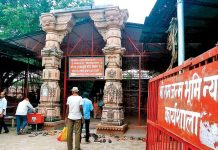The Supreme Court has ordered mediation on the Ram Janmabhoomi – Babri Masjid title dispute case. While the Hindu Mahasabha is opposed to the prospect; the Sunni Waqf Board is open to it. The outcome of the mediation will have strong implications for the final decision on the matter.
The New Leam Staff

The Supreme Court on Friday referred the Ayodhya land dispute case to the mediation bench. The Supreme Court has ordered the mediation bench to immediately start working on the process and complete it in six weeks. Retired Justice Kalifulla will be the Chairman of the mediation committee and Sri Sri Ravi Shankar and Sriman Panchu are the other members of the panel.
The mediators have been given the freedom to invite more members to the panel. They can also ask for legal assistance when required. It was a collective statement by Chief Justice Ranjan Gogoi, Justices SA Bobde, DY Chandrachud, Ashok Bhushan and SA Nazeer said the panel of mediators should deliver the report within four weeks. The mediation is to be conducted in UP’s Faizabad.
The counsel for Hindu groups had protested against the process of meditation but the counsel for the Sunni Waqf Board had said that they were in favour of the dispute being sent for mediation. The Supreme Court has presently reserved its order in the Ram Janmabhoomi- Babri Masjid title dispute case. It had heard a case pertaining to the appointment of a court-monitored mediator that would come up a permanent solution to this dispute.
Respecting everyone, turning dreams to reality, ending long-standing conflicts happily and maintaining harmony in society – we must all move together towards these goals.#ayodhyamediation
— Sri Sri Ravi Shankar (@SriSri) March 8, 2019
It was in February that the five-judge constitution bench headed by CJI Ranjan Gogoi had suggested that it would be best to find an amicable solution to this dispute via passing an order for mediation on March 6. He asked all political parties to suggest the name of mediators so that the order could be passed soon.
The Hindu Mahasabha has said that even though it does not believe in the sanctity of mediation, when faced with the mediation they would retain the same stance before the mediators. BJP MP Subramaniam Swamy said that mediation in this case is a sterile act.
Advocate Rajeev Dhavan who is representing the side of the Muslim petitioners has said the Muslim petitioners are agreeing to the possibility of mediation and are ready to work towards a compromise when asked by a mediation bench. We can see that there has been a massive shift in the way that the Ram Janmabhoomi case is being seen. Earlier the Supreme Court saw it as primarily a property dispute but today it is being seen like an issue with great emotional appeal.
This indeed is an issue where great degree of public sentiment and passion will be involved and it has immense sense of responsibility to deliver a judgement that is suitable to all parties.
Moreover, the Supreme Court has asserted that it will make the decision only keeping into mind the present condition and not the historic record. With the Hindu Mahasabha opposed to the mediation and the Sunni Waqf Board along with the Nirmohi Akhada open to mediation- it will remain to be seen how the proceedings unfold in the matter.


